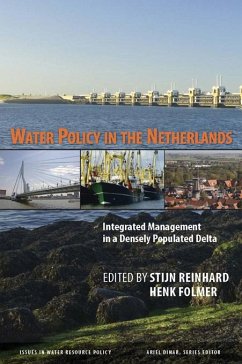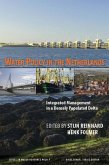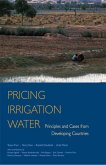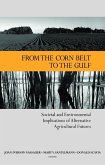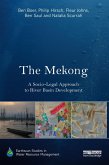As a low-lying delta region with a high population density, the Netherlands has long focused on the prevention of flooding catastrophes and the reclamation of valuable land. The evolution of Dutch water governance, beginning with the creation of local 'water boards' in the Middle Ages and growing into a complex infrastructure of polders, dams, and controlled waterways offers a compelling study of pitfalls and successes within one of the world,s most challenging regions for water management. Water Policy in the Netherlands traces the arc of water governance in the country, from technological innovations to prevent wide-scale flooding, to strategies focused primarily on improving water quality, to an integral water management approach which brings together perspectives from economics, hydrology, ecology, water law, and water technology. The contributions in this book demonstrate how both the technical and social sciences must play key roles in crafting policy in the face of serious environmental challenges including climate change, sea level rise, and increasing soil subsidence. Innovative themes explored in the work include: how economic models and pricing structures might improve efficiency in the distribution of water resources, how the competing uses for water-including for recreation, arable agriculture, fisheries, and natural preservation-create demands on both the quantity and quality of water resources, and how public participation, cogovernance, and the balance of public and private interests will be necessary to meet the goals of the EU,s Water Framework Directive. This resource serves as both an invaluable case study and as a text to develop the analytical tool of integral water management for students, policy-makers, and NGO professionals in developed and developing regions.
Dieser Download kann aus rechtlichen Gründen nur mit Rechnungsadresse in A, B, BG, CY, CZ, D, DK, EW, E, FIN, F, GR, HR, H, IRL, I, LT, L, LR, M, NL, PL, P, R, S, SLO, SK ausgeliefert werden.

